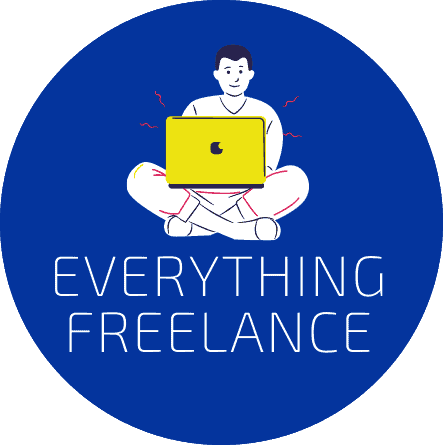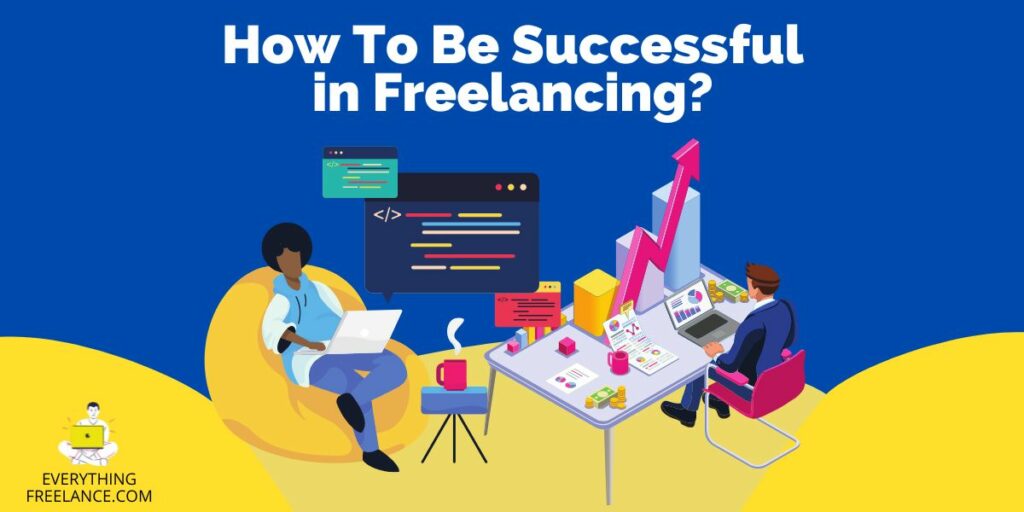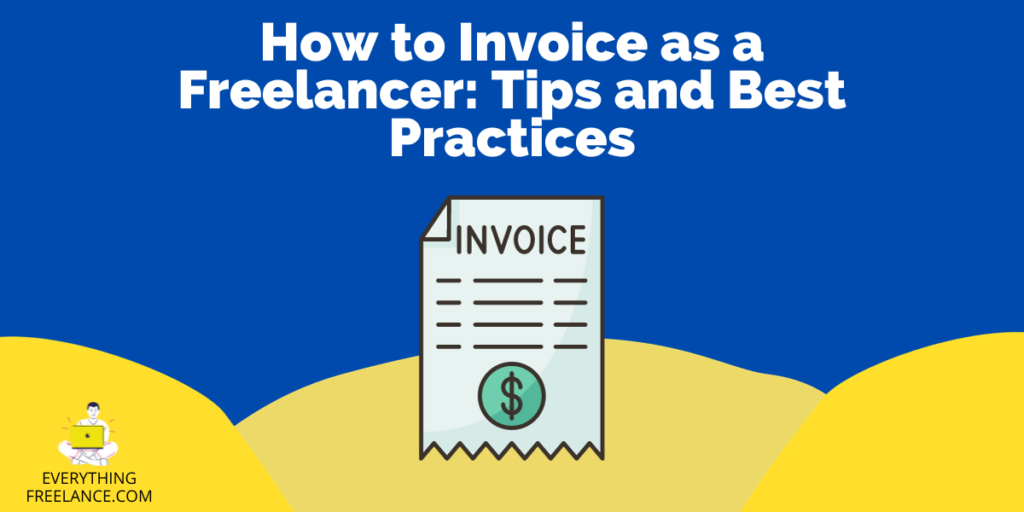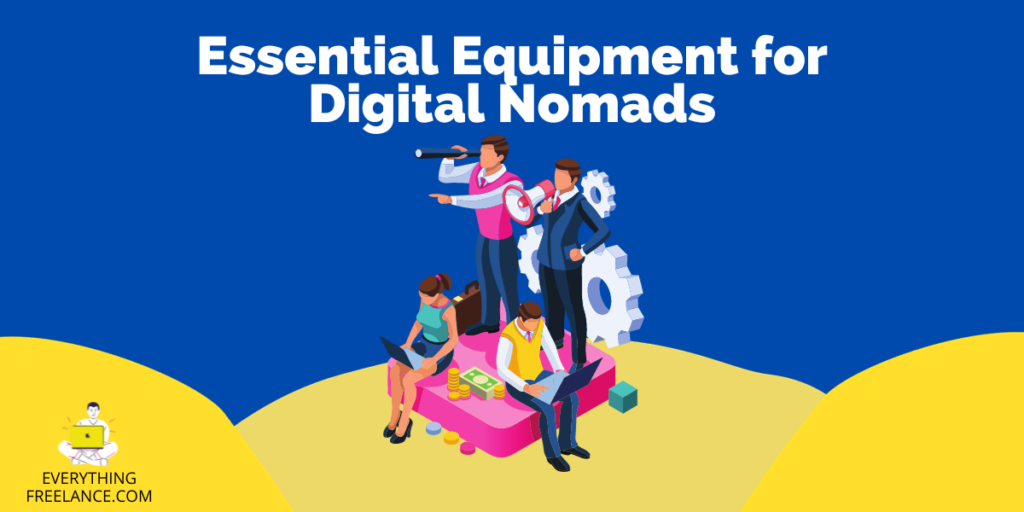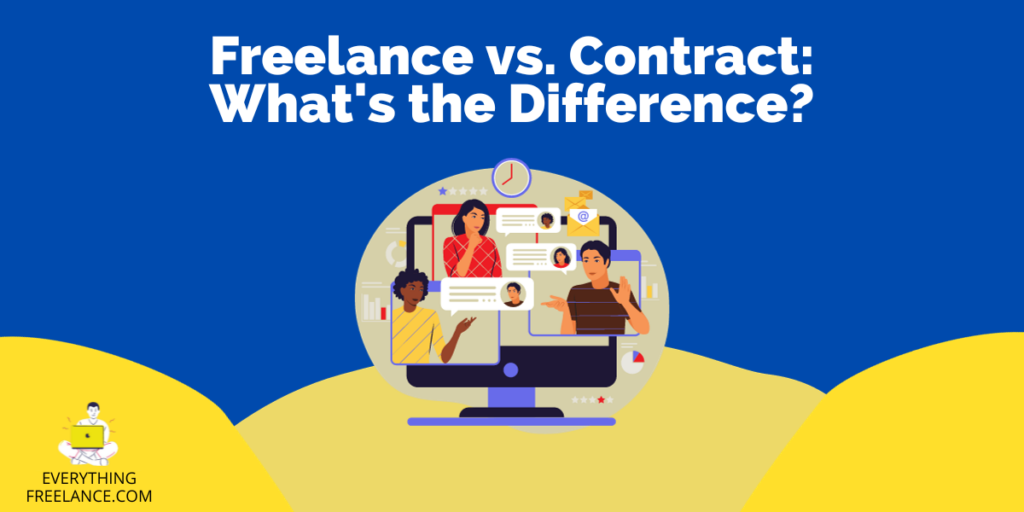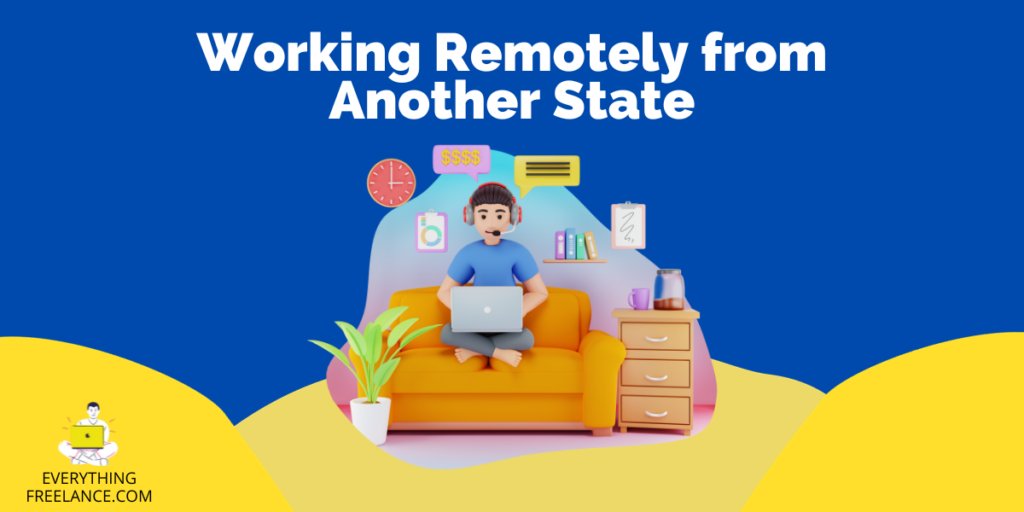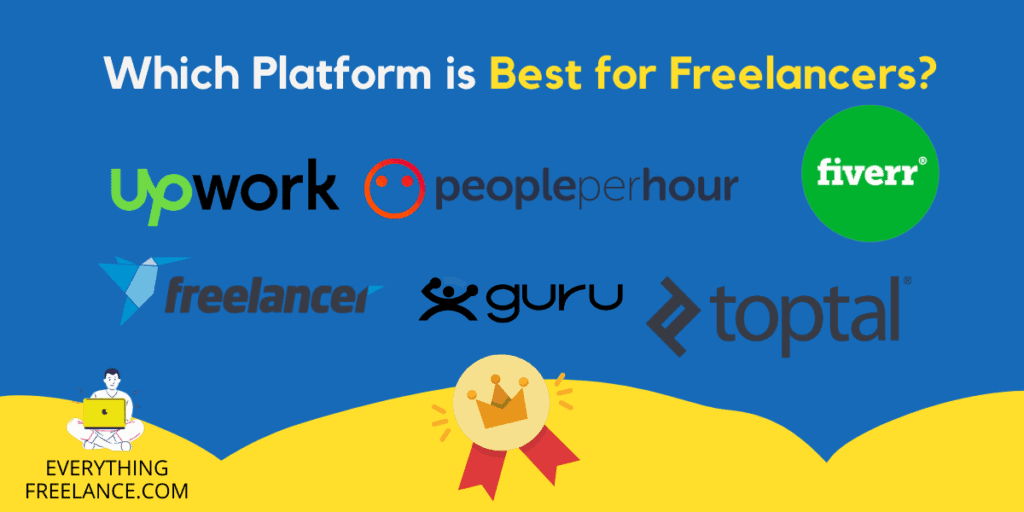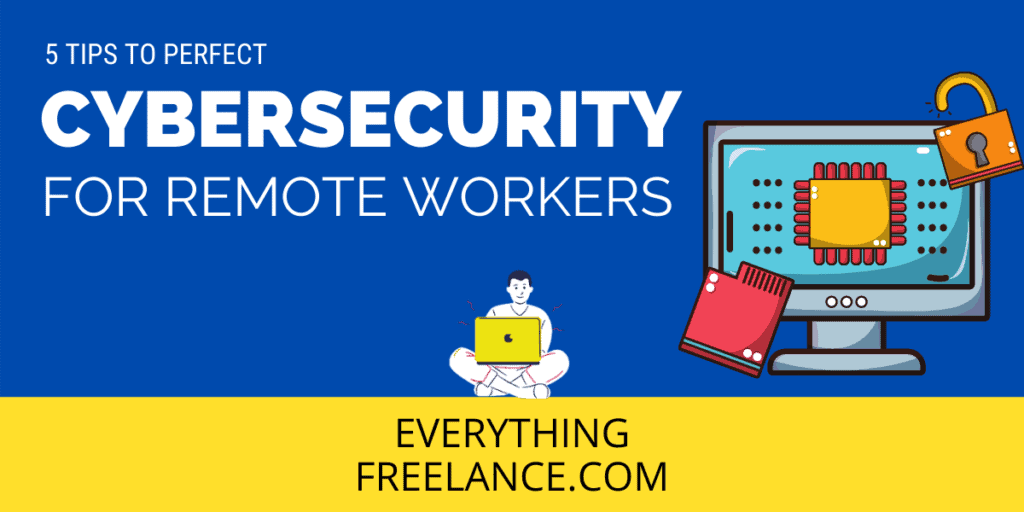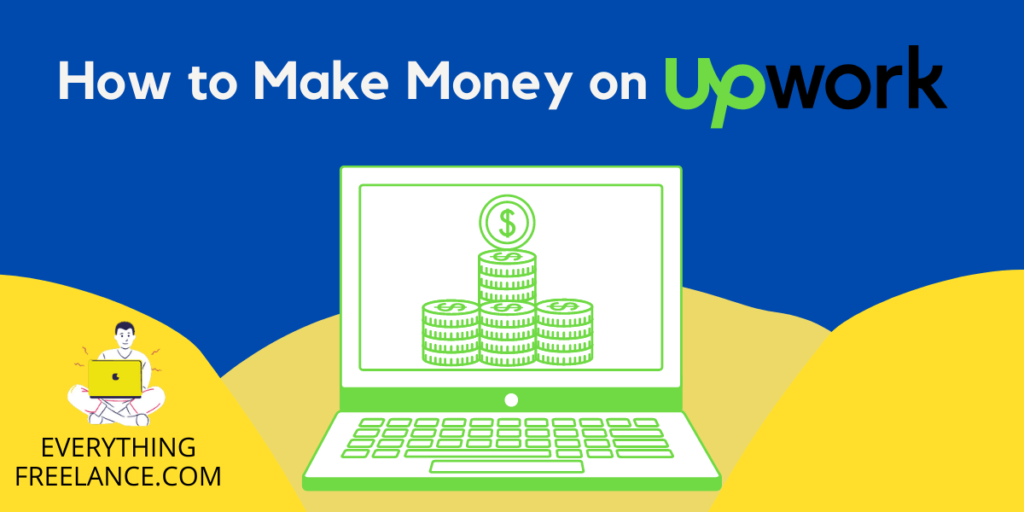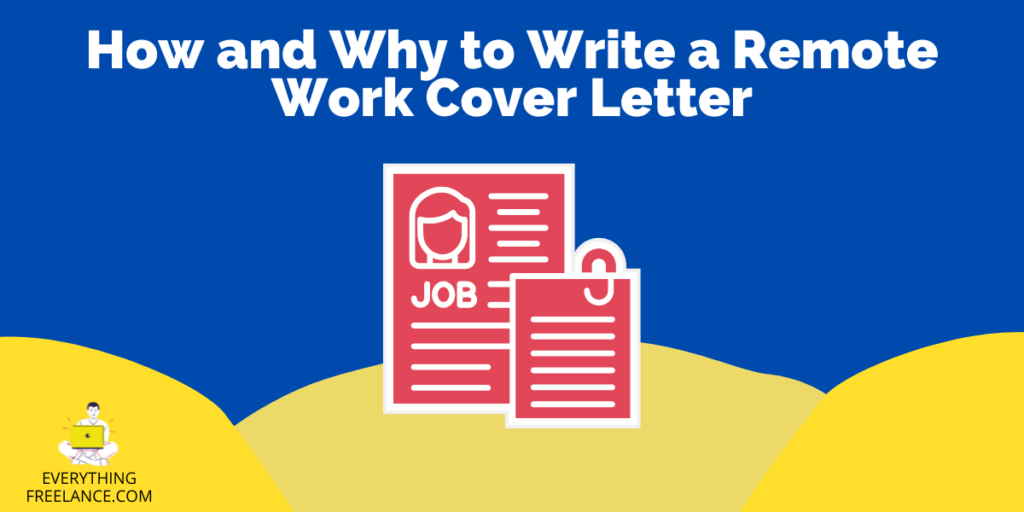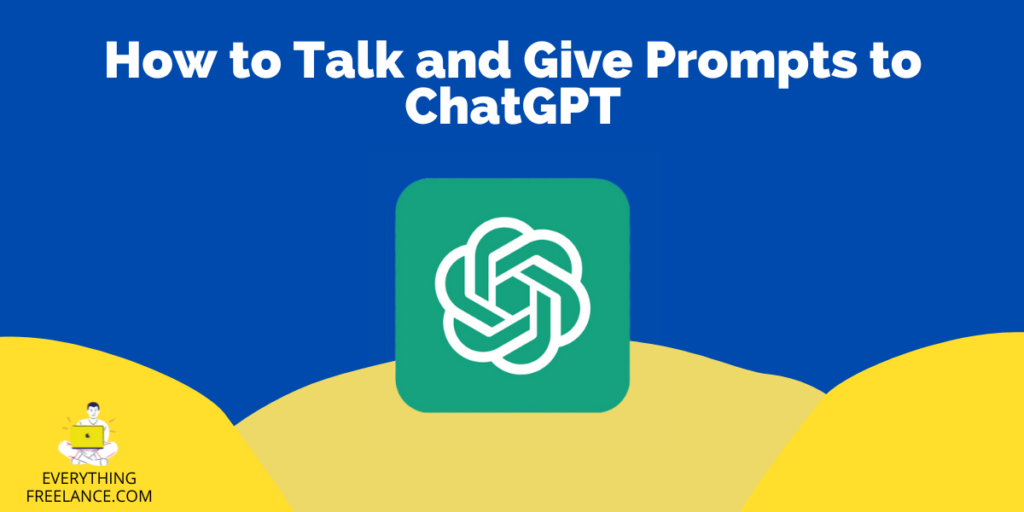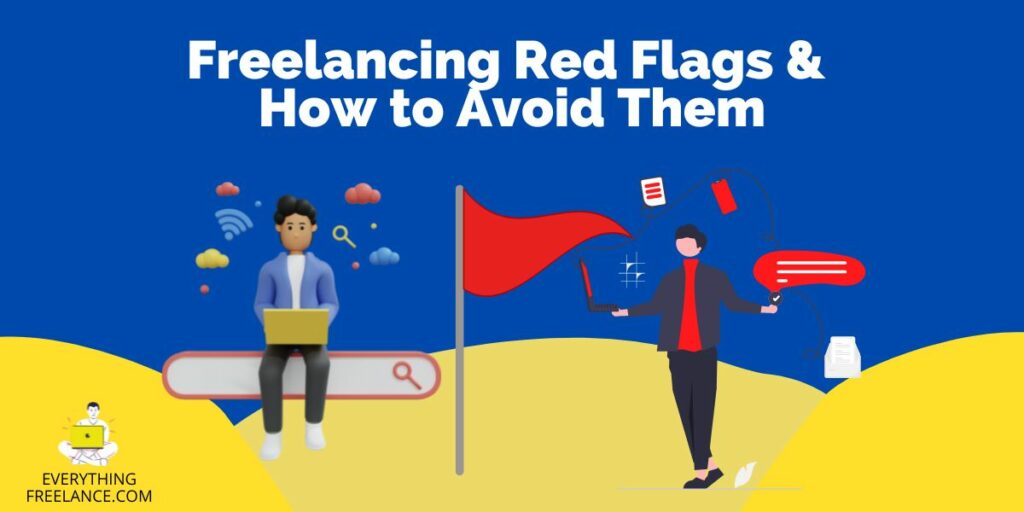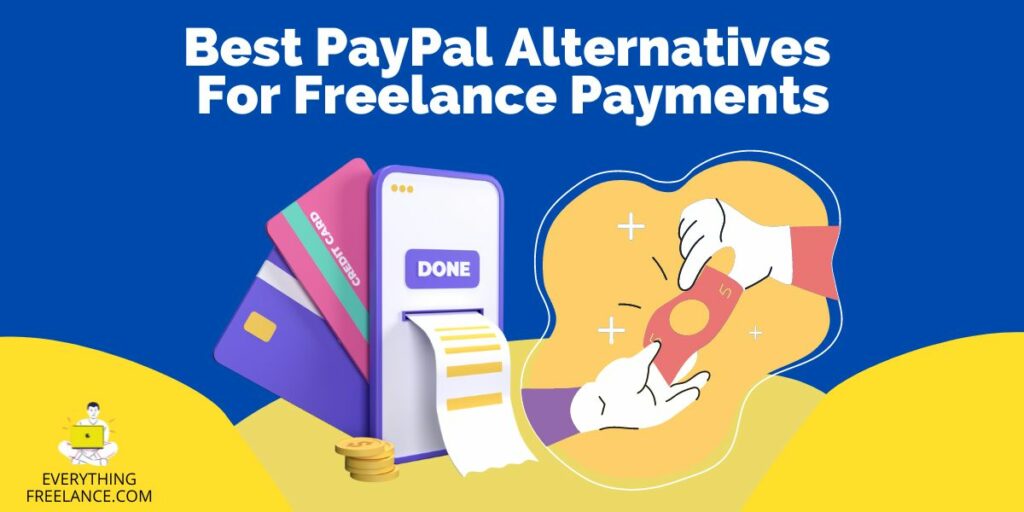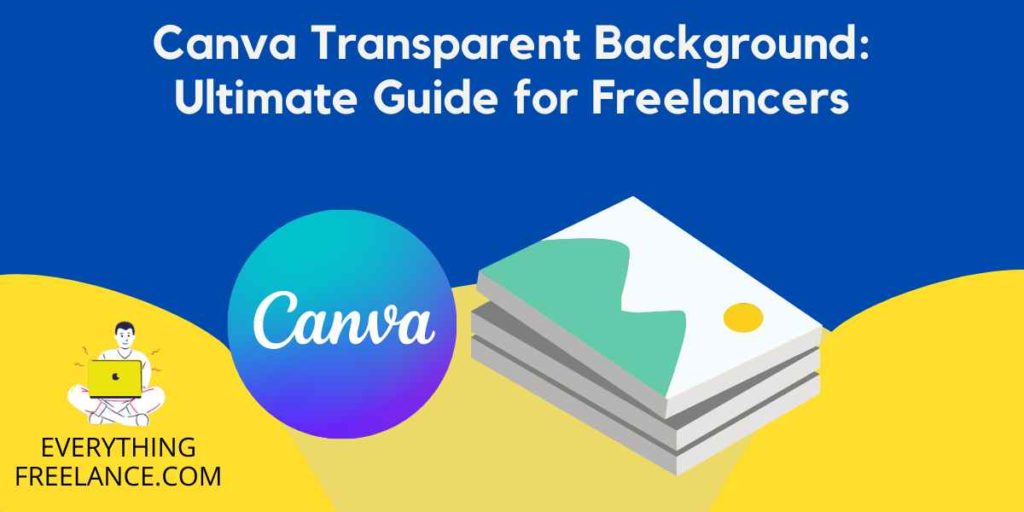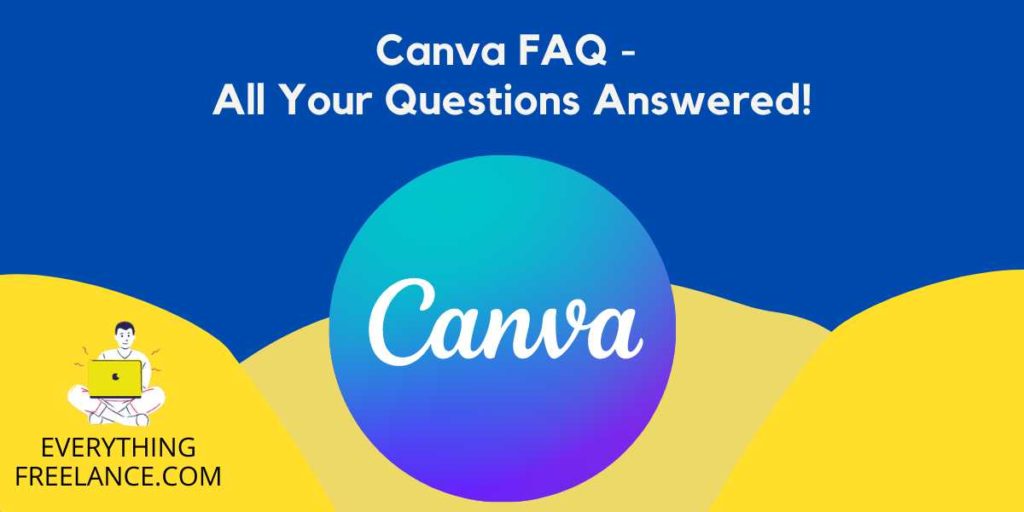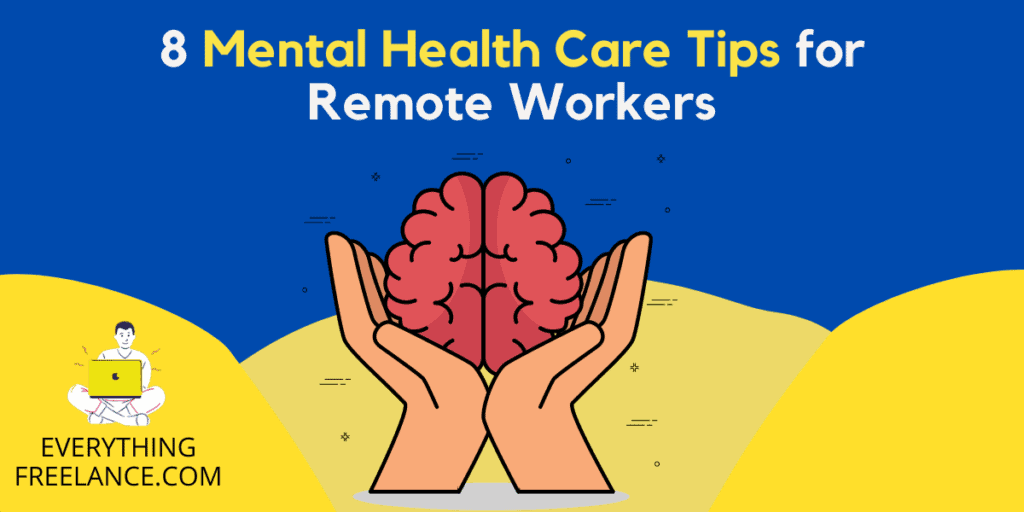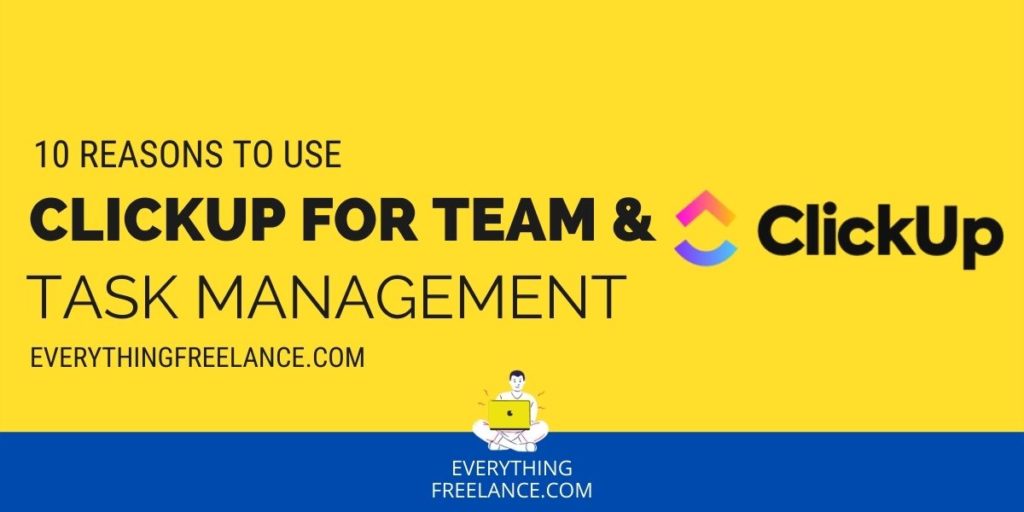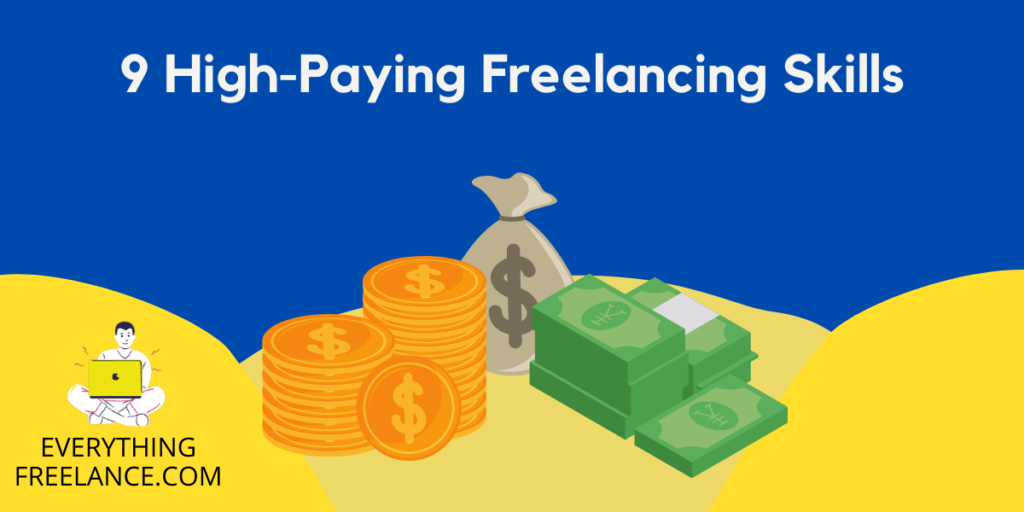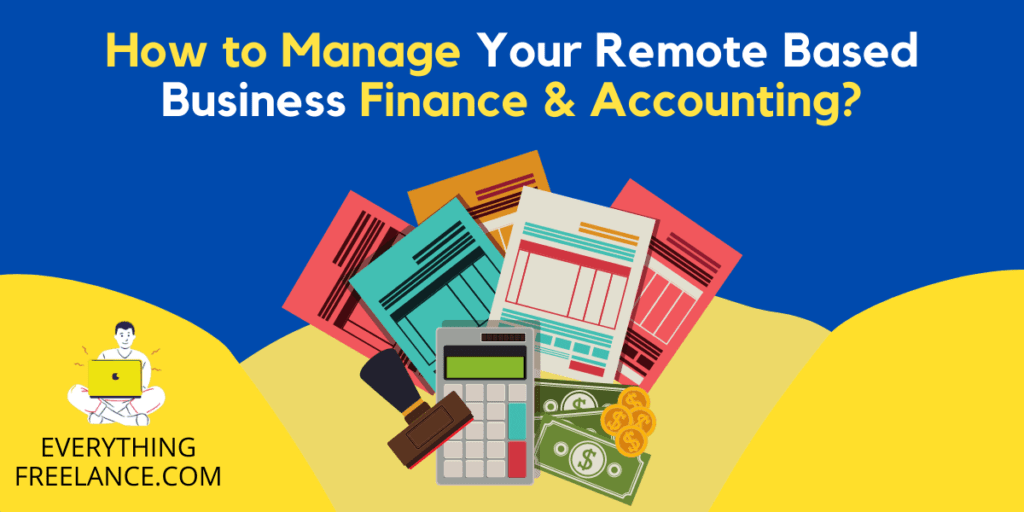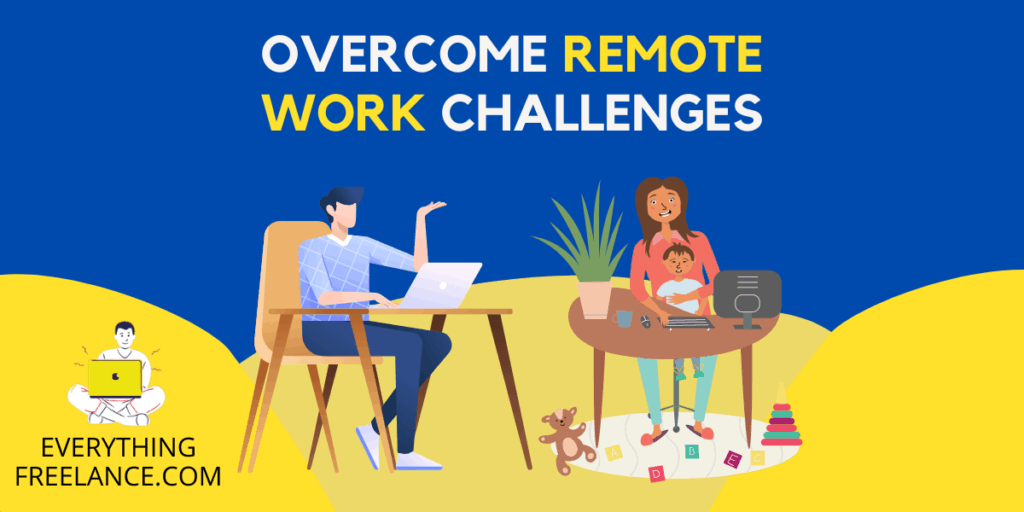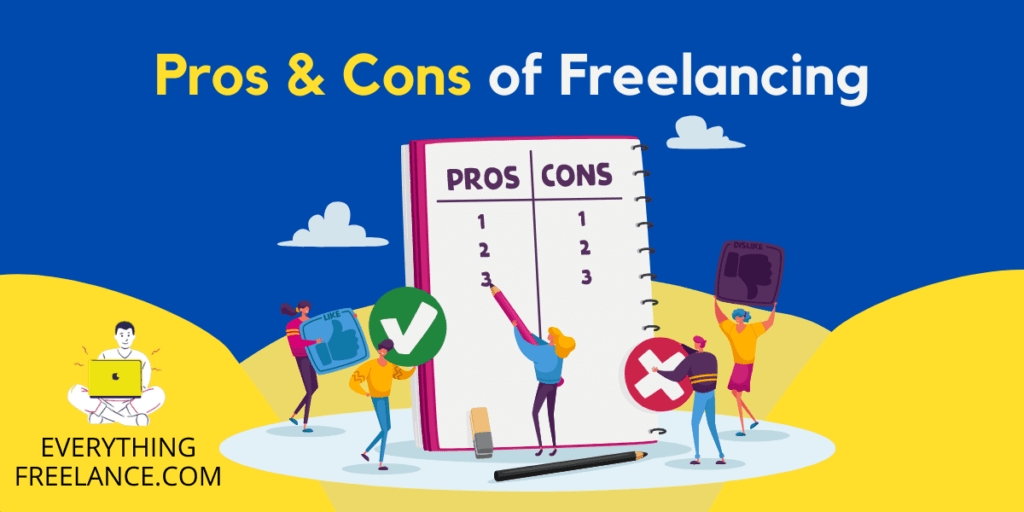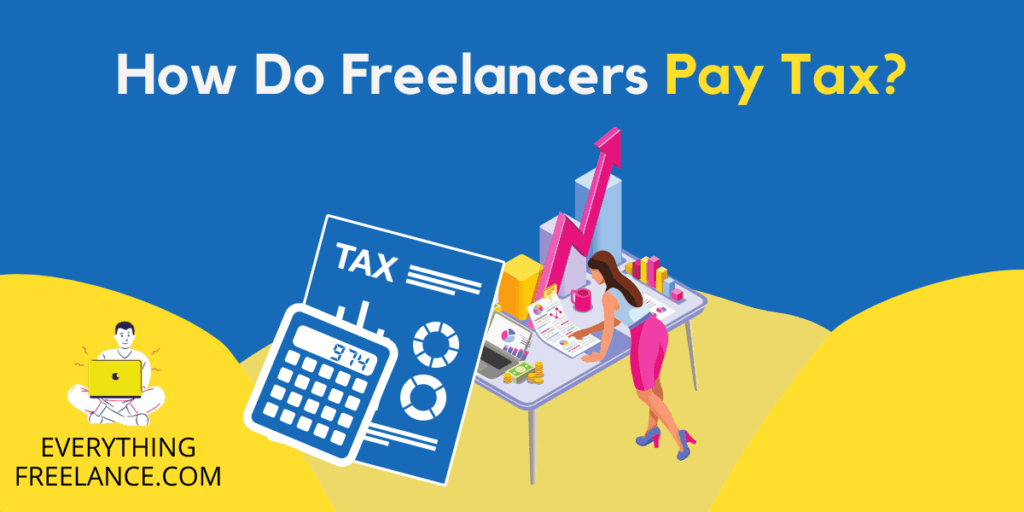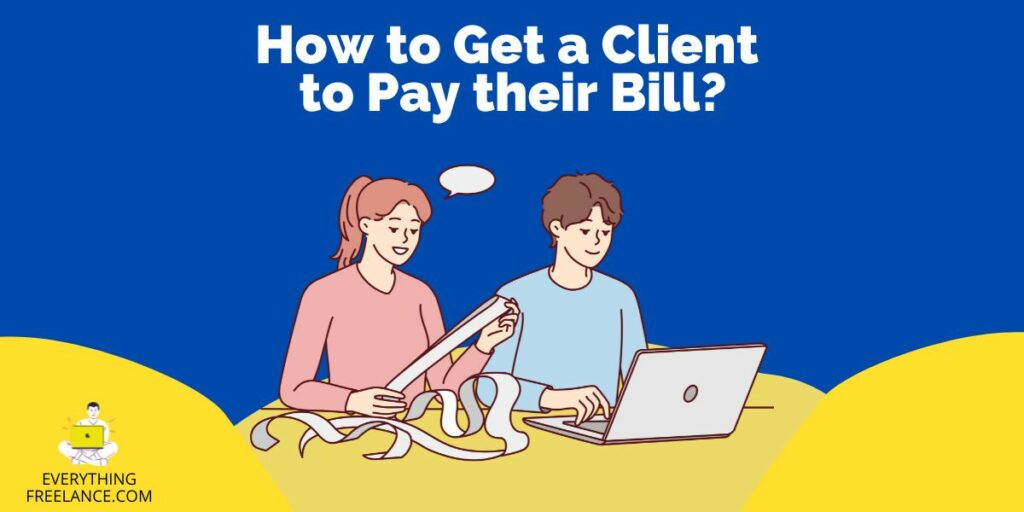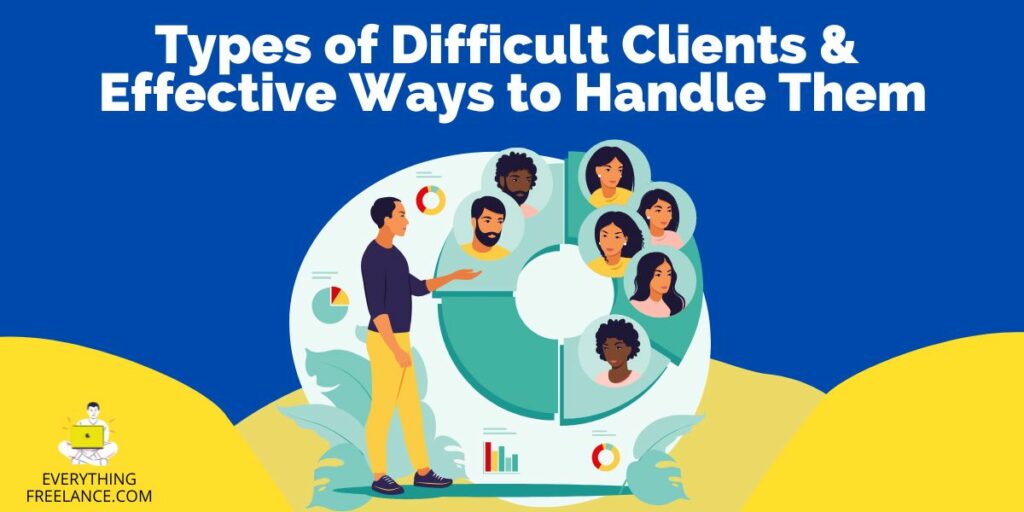A freelancer is someone who works on a contract basis as opposed to a full-time, direct-hire employee. Individuals who want a flexible schedule and wish to work with various customers may find that freelancing is the best option. According to the latest predictions, freelancers will make up 50.9% of the workforce in the USA by 2027.
You may work as a freelancer in various fields, including accounting, project management, teaching, graphic design, and writing. Some freelancers specialize in a particular area, while others present a broader skill set to have greater job flexibility on the market.
But becoming a freelancer can be both freeing and scary. How do you start? What procedures and organizational strategies are required? How do you find customers? How to be successful in freelancing?
Practicing the answers to these questions is the road to becoming a professional freelancer, and we’ll provide them all in our comprehensive guide. As tempting as being your own boss sounds, there are a few things you should be aware of, such as the practical tips and tricks we offer in the article below.
What Do You Need to Do So You’re Ready to Freelance?
Being a newbie is never easy, but everyone has to start somewhere. To become a successful freelance worker, a lot of dedication and effort are required. However, success means different things to different individuals.
Some people may want to make a lot of money and retire early. Others use the money to pay their bills or buy fancy new cars. When you decide what a successful freelancing career looks like for you, it will be easier to achieve it.
Building a solid network is one of the most crucial things you can do as a freelancer. This could help you learn more about the sector you’re working in as well as help you reach new potential clients. You should regularly participate in industry gatherings, read related publications, and network with other experts in the industry.
It also helps to be recognized as an authority in your field of work. If you’re already a freelancer, chances are someone has requested to see your portfolio.
A portfolio is a fantastic tool for showcasing your previous projects and demonstrating your abilities to potential clients. If you have significant experience, you can start educating people in your field of expertise by giving talks, writing articles, or blogging. You’ll need a decent website, and to keep your social media pages updated and organized.
In addition, we’ll discuss the top 7 skills and strategies you need to become a successful freelance professional. These strategies will enable freelancers of all levels of expertise to advance their careers and find a market in which they can prosper.
Effectively Manage Time & Projects as A Freelancer
Time management is one of the most crucial skills you can learn as a freelancer. Since a boss or manager won’t constantly monitor your work, you must create your own schedule. This involves devoting time each day to your assignments and learning to estimate how long each job will take.
In addition, this will include the ability to operate under pressure, fulfill strict deadlines and learn to prioritize tasks. Although some people may have faced similar challenges during their 9-5 jobs, the added responsibility of freelancing is much greater.
Remember that your clients count on you to complete the job on time, and you won’t have a team of people to assist you. Here are some deadline-meeting tips for freelancers:
- Make a timetable and stick to it.
- Set aside a specified period each day to focus on your project.
- Avoid procrastinating and putting things off for later unless another priority task occurs.
- If you anticipate you won’t be able to finish the task or project on time, let the client know ahead of the deadline. They might be able to provide you with an extension.
- Track the time you spend on different tasks. This will help you estimate your efficiency and better predict how much time future tasks may take to finish.
- Take breaks between tasks to rest. However, take only a few breaks in a short period to build momentum.
- Eliminate exposure to your phone or TV while you work. This will help you maintain focus and optimize your time on each task.
- Keep tabs on your progress regarding different projects or acquired skills.

Charge Your Freelance Clients Correctly for Your Services
Before pitching for a gig, you must choose your pricing approach. Most freelancers choose to be paid by the project or by the hour; however, this individual preference also relates to the volume of the required tasks.
There are several options:
- By hour
- Weekly
- Fixed Cost
- Project Quotations (Individual quotes determined by individual projects)
You may learn what freelancers in your market charge by researching online and asking other freelancers in social media groups or on sites like Glassdoor and Payscale. You can also get inspired by freelance success stories and understand how other people have achieved what you desire.
But keep in mind that as a beginner, it’s best to be flexible at this early stage and consider gigs below your intended pricing range. This will allow you to gain some credibility in freelancing circles and further put you in touch with other clients who can benefit from your work.
Although switching to project-based fees seems advantageous, the amount you should charge for a project remains a topic of debate. This is a difficult task that many aspiring creatives fail. Instead, many choose to customize prices and evaluate each project differently. Since there is no specific formula and guidelines to do so, it’s up to you to determine what your effort and time should be worth based on market needs.
Set Proper Payment Terms
Most clients won’t care how fast you finish the assignment; instead, they’ll be concerned about its quality. Still, deadlines play a crucial role in setting payment terms.
Payment terms are the established guidelines for when and how the client should compensate you for your work. For example, you might be paid in installments or when you submit the whole project.
The looming truth that many company payments are late can undercut the joy of a well-done job. Since 74% of freelancers have encountered nonpayment or late payment at some time in their freelancing career, this is a crucial topic for them.
In a nutshell, the payment terms outline how you will take payments from clients. Being detailed and as thorough as possible about your expectations will help you in the long run.
The standard payment terms include the following:
- Payment amount
- The due date for payments
- Acceptable payment methods
- Possibility of early payment discounts
- Late payment penalties
Whatever the specifics, you should straightforwardly share those conditions with your client or in any type of contract. Using terminology accepted in the industry will help you ensure that your clients get the message and prevent payment delays due to misunderstandings.
Today, freelancers have access to various banking options, allowing them to accept payments more quickly. By stating the most convenient payment option, you may quickly obtain the money at a particular period depending on the circumstance. Some of the best choices currently are:
- PayPal
- Cheque
- Online payment
- Electronic Funds Transfer (EFT)
- Direct deposit that goes straight into your bank account
Effective Communication with Clients When Freelancing
Every freelancer has to develop professional email-writing and proposal-writing skills from the beginning. Communication skills allow you to attract profitable clients and establish enduring bonds with them. Effective communication makes all the difference – whether you’re talking about the project, payments, or overall collaboration.
The secret of creating lasting connections is learning how to communicate with your clients and send business-appropriate emails. But that’s not all; you must also learn when to compromise and when to put boundaries. Since all clients require a different approach, establishing boundaries early is usually the better choice.
You occasionally have to work with demanding and confrontational clientele who express disapproval or try to violate your agreed-upon working terms. You must be able to maintain composure and speak appropriately in such circumstances.
Refrain from arguing with a client who thinks your work has to improve and avoid making excuses. The best course of action is to apologize politely, then continue your job and make a clean start. The client will regard you as a real professional and respect you for complying with their request.
Stepping outside of your ‘professional zone’ and being humane in your communications can sometimes be the best approach to connecting with a customer or demonstrating genuine enthusiasm for a job. Cracking a suitable joke, using the thumbs-up emoji, or finishing emails with ‘have a wonderful day’ reassures clients there’s a real person on the other end of the screen.
Additionally, keep in mind you need to be responsive. Be as quick and effective as possible when answering clients’ questions, and always act professionally and politely. If you are hired, make sure to update the client on the progress based on previously agreed terms and notify them on time about potential changes.
Lastly, remember to be patient and persistent. Building trust and acquiring a vast freelancing clientele takes time. If your communication skills are polished and you build a sustainable relationship with your clients, they are bound to return and even refer you to others.

Set And Achieve Your Goals as A Freelancer
Think of yourself as an average office-going worker. You most likely have monthly, quarterly, and annual goals established for yourself. You’ll know you have a strong shot at that evaluation if you accomplish them. You know your immediate supervisor will hold you responsible if you don’t. It seems pretty straightforward.
Now that you work alone, it is up to you to take responsibility for the challenges and face them. You must establish your own goals, hold yourself accountable, and develop strategies to maintain motivation, focus, and productivity. So how can you be your own supervisor, then?
Setting and attaining goals may seem challenging, with many ideas, clients, and projects on your plate as a freelancer. However, with a little structure, it is possible to monitor and manage objectives for both you and your clients.
Nearly all successful individuals agree that setting strict goals is the key to success. It is essential to know what you want, why you want it, and how to get it. Additionally, it’s easy to recognize success when you have established specific, measurable goals.
For instance, set a quantifiable objective like ‘I will obtain 3 more clients’ rather than ‘I will gain more clients.’ You may determine how near or far you are from attaining a goal by giving it a number.
To achieve your goals, feel free to be as specific as possible with dates and sums. Setting and completing objectives as a freelancer appear more realistic when larger goals are broken down into these manageable, bite-sized pieces. Accordingly, setting a goal for the month will seem easier to obtain and go through with rather than simply focusing on the bigger picture.
Stay On Top Of All The Things As A Freelancer
Having a lot of work coming your way as a freelancer is the dream. Although it can first seem overwhelming, you can manage your heavy workload and increase your productivity with the help of these tools and practices.
To offer yourself the best chance of success, bear in mind to focus, organize yourself, and set up your workstation to minimize distractions. Plan ahead, balance work and free time, and relish your flexibility. Don’t forget to plan a break in between to avoid burnout.
Freelancing doesn’t have to require enormous amounts of energy, and it also does not imply perpetual concentration for long periods – days, weeks, or even months. Finishing the given task should be your primary objective and celebrating little wins throughout the day will keep you going.
Additionally, no matter how successful you’ve become, it’s always great to keep in touch with other people in the same field. Learning how fellow freelancers deal with the obstacles they face every day will give you ideas on how to optimize your working schedule and even improve specific aspects of your work.
Do Sales Essential For Freelancing
One of the great things about being a freelancer is having the freedom to do what you love. However, the concept of having to package and ‘sell’ what you do to others may be a bit unappealing.
The reality is that in any competitive market, your ability to consistently persuade potential clients that they need you might be the difference between continuing your freelancing journey and returning to work for someone else.
Selling doesn’t have to involve pushing something onto someone who doesn’t want it, pressuring them until they give in, or frantically attempting to make friends to gain a ‘yes.’ Think of it more as letting people know about a service they could need even if they aren’t aware of it now.
Utilize ideas to increase revenue, attract new clients, and reduce stress. Evaluate each meeting with a client to know when you should contact them with another proposal or give them time to process your current offer.
In the end, remaining honest about your skills and products while protecting your worth on the market is one of the most valuable skills for a successful freelancing career.

Final Thoughts
Starting a new career or continuing the one you have as a freelancer is never easy. You will most likely need to acquire new skills to break through on the market and establish a reputation in your field.
Finding clients and earning money is only a tiny part of freelancing. However, keeping greater goals in mind, such as financial independence, will help you stay motivated and consistent in the long run.
Whether you want to expand your freelancing network, learn to communicate better, or need assistance in setting the proper payment terms, you can refer to our comprehensive guide and follow our tips. Success follows the brave and patient, so as long as you keep improving your skills and portfolio, new freelancing opportunities will likely arise.
FAQs
It takes a lot of effort to become a successful freelancer, but most of all, patience and an appropriate mindset. Aside from having the proper skills based on the market you want to enter, proper communication and time management are often the crucial factors that separate successful freelancers from the rest.
Becoming a freelancer is an excellent option since you can do it at any age and at any time. To start freelancing, you don’t need a fancy college degree or years of work experience.
All you require is marketable expertise and the commitment to work more diligently and effectively than anybody else. You can join a freelancing community and start from there or simply contact potential clients that may need your services.
Finding success as a freelancer depends on having the correct expertise that’s in high demand. The world of freelancing adopts new trends every year; therefore, the need for certain abilities occasionally changes. The surest way to stay competitive in the market is by frequently updating and upgrading your skill set, no matter your field of work.
Specialties consist of IT capabilities, problem-solving abilities, interpersonal relations, and communication skills. Additionally, having a wonderful sense of humor and being a pleasure to work with will help you connect and establish lasting collaborations. Your other abilities include your knowledge, interests, and extracurricular activities.
